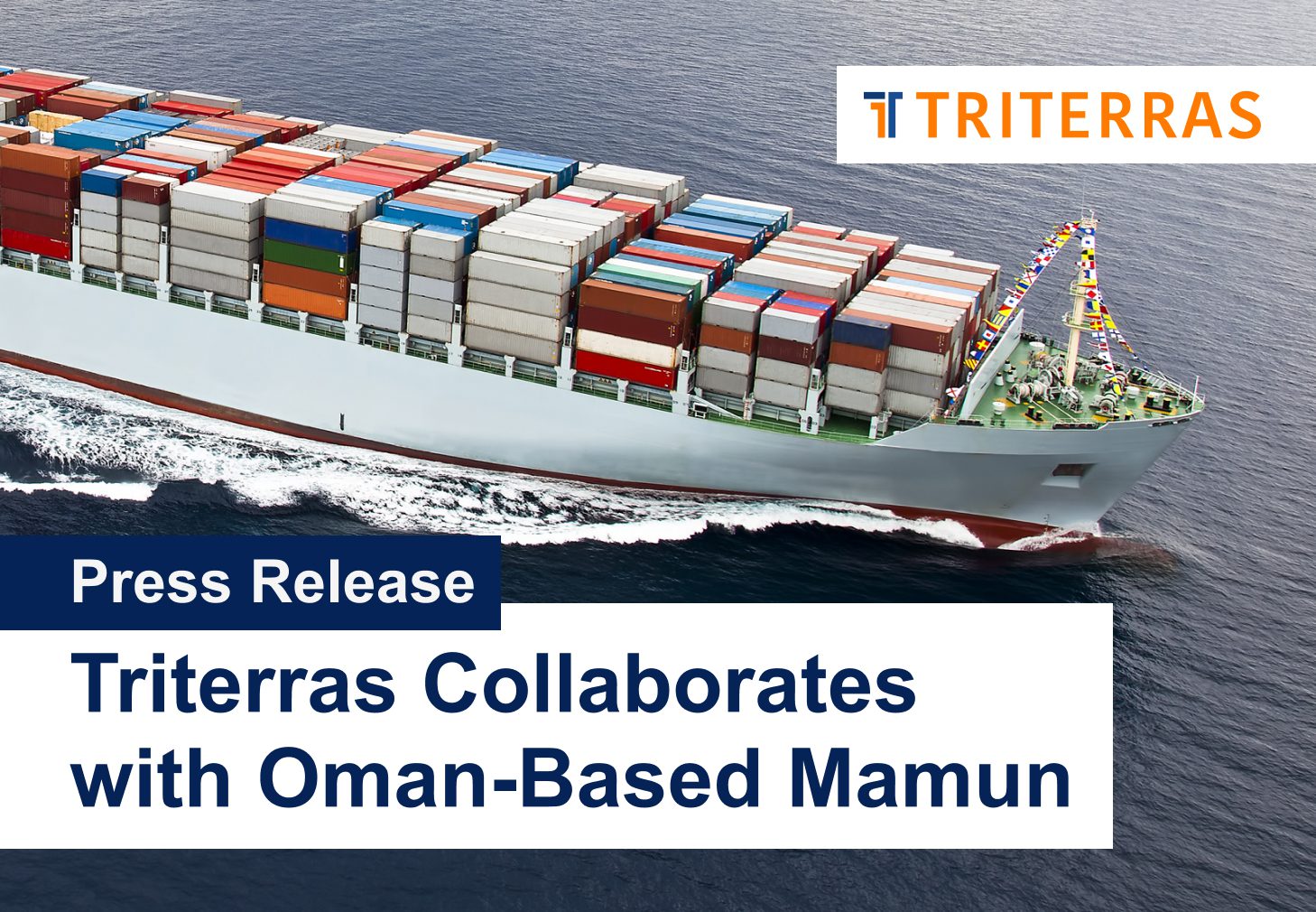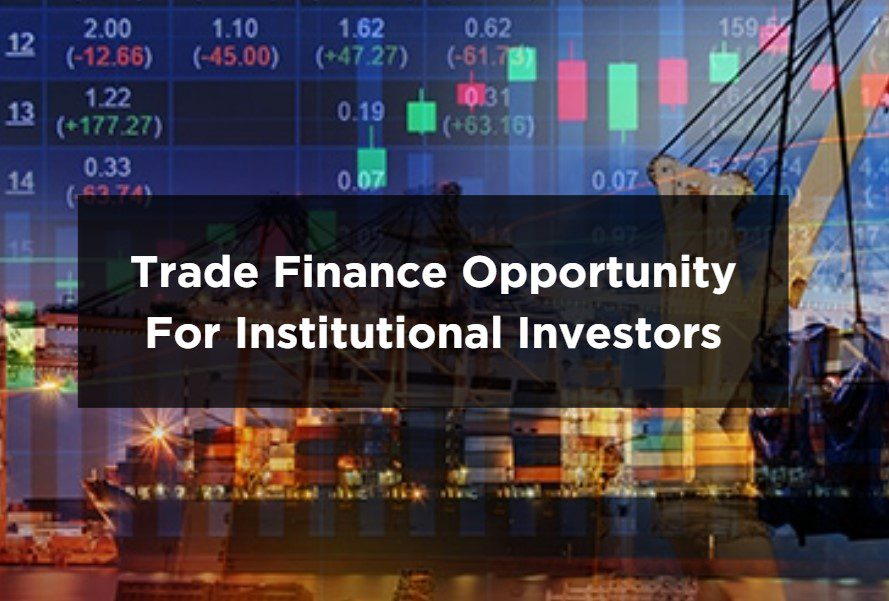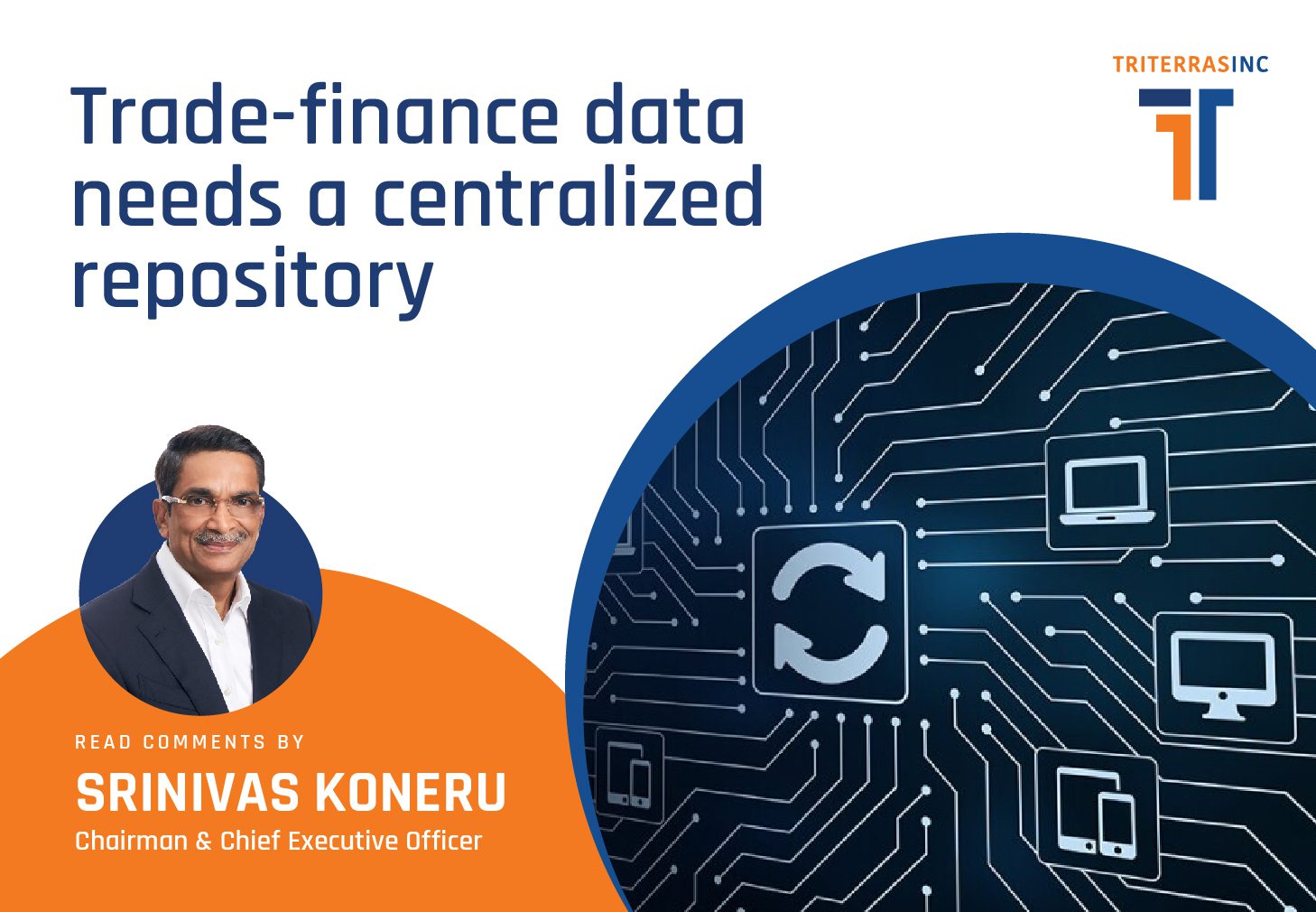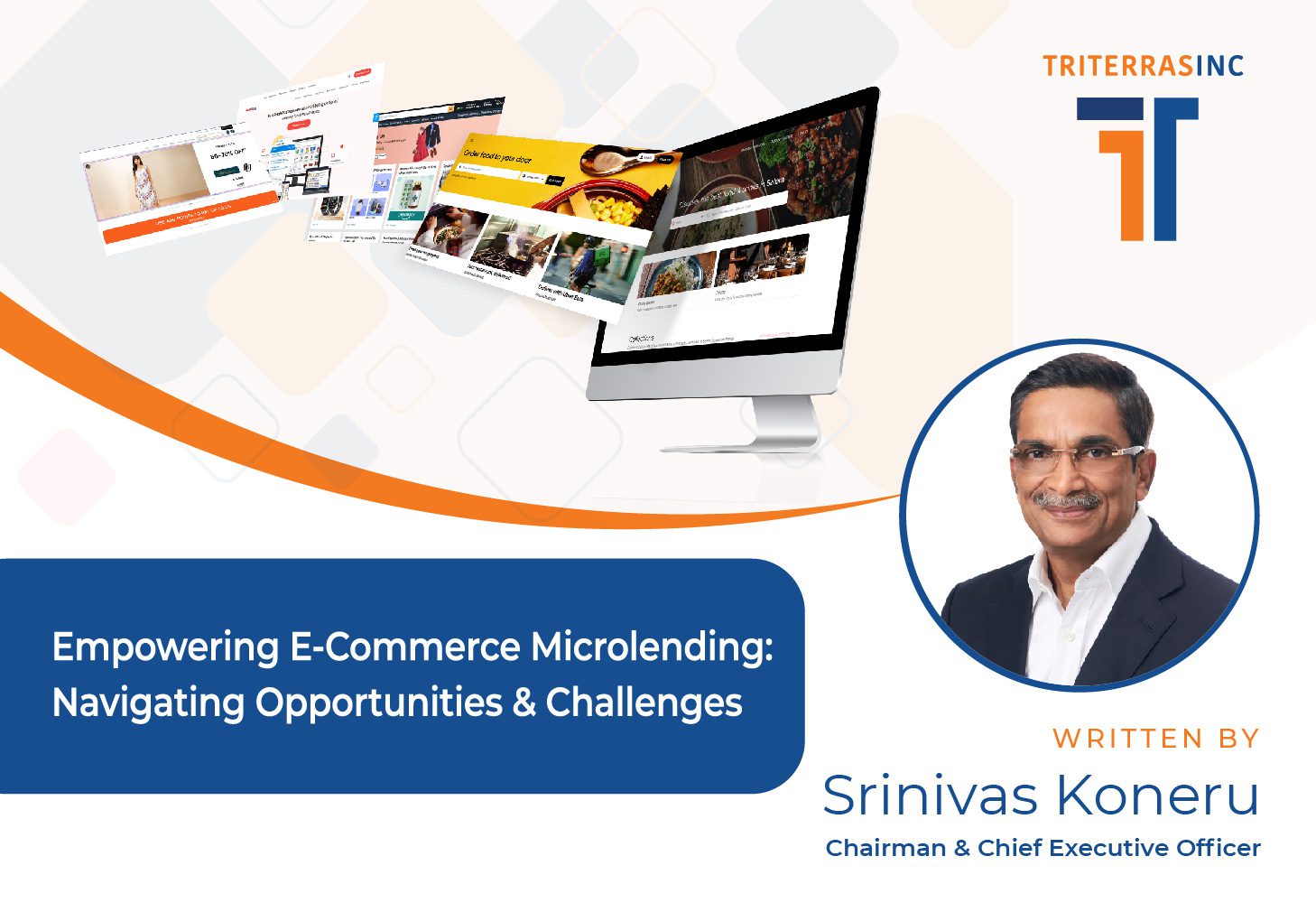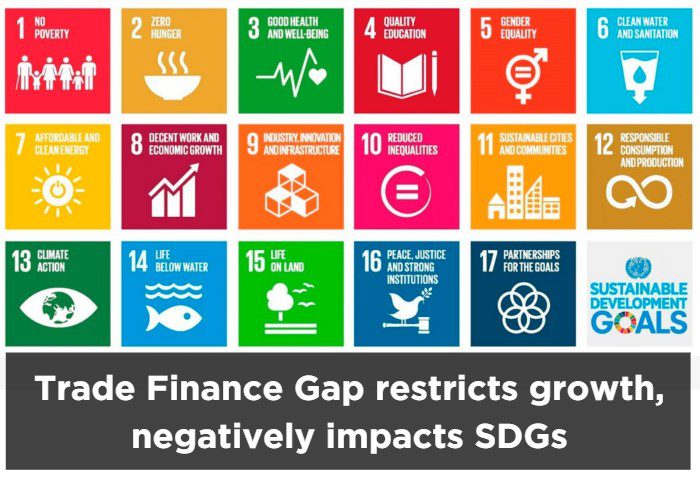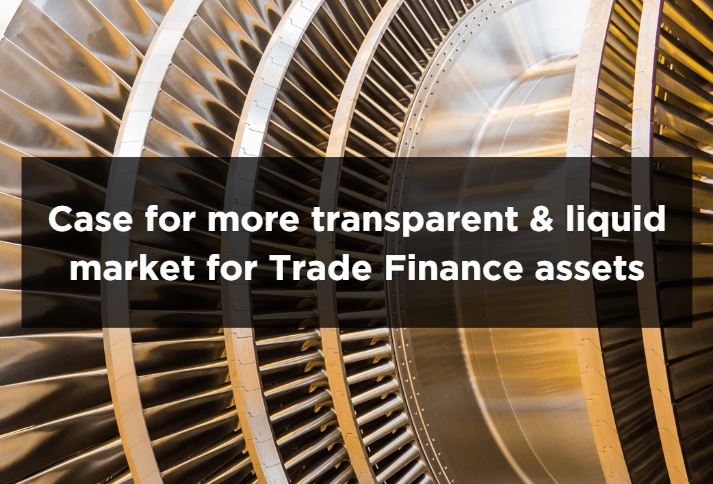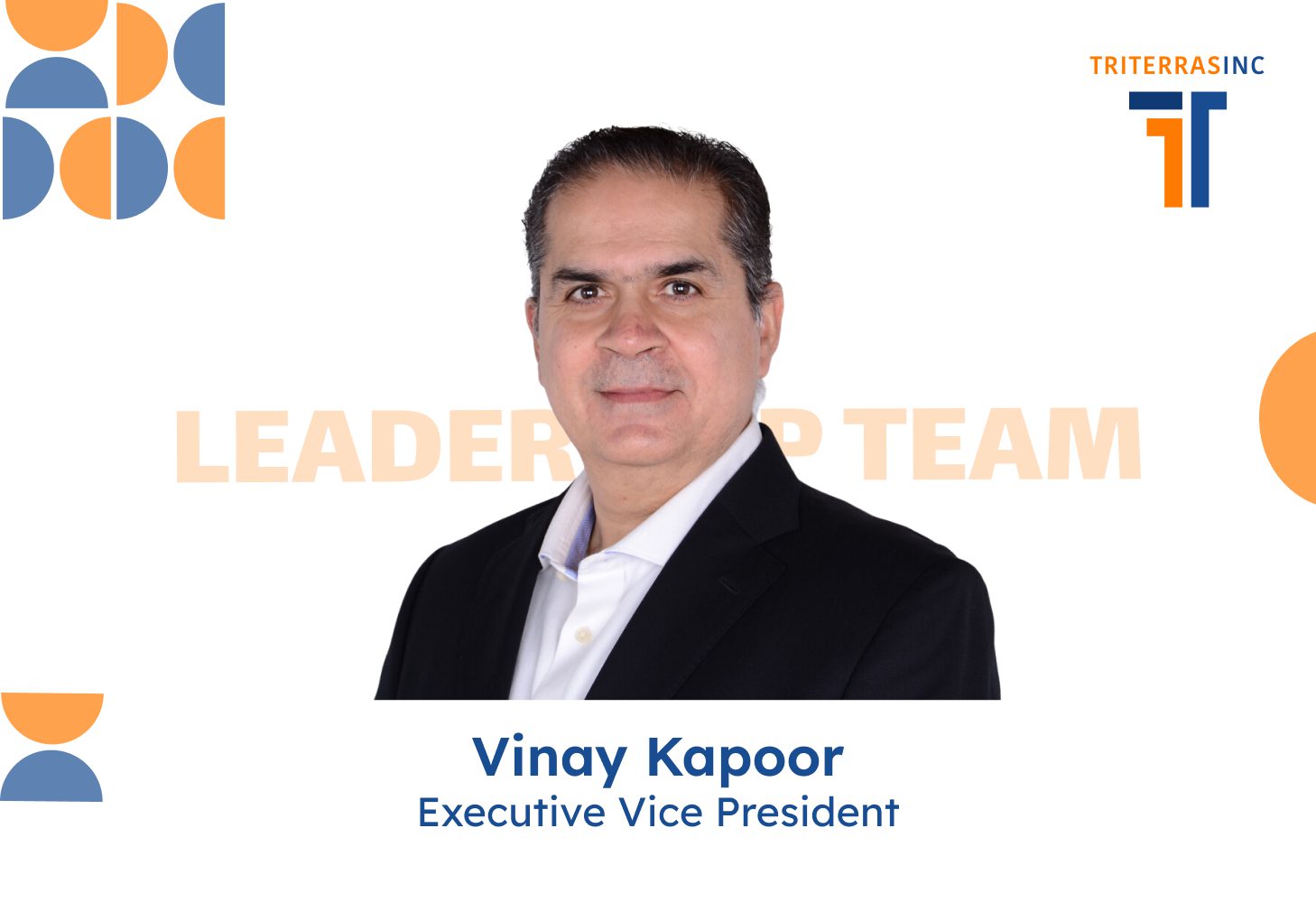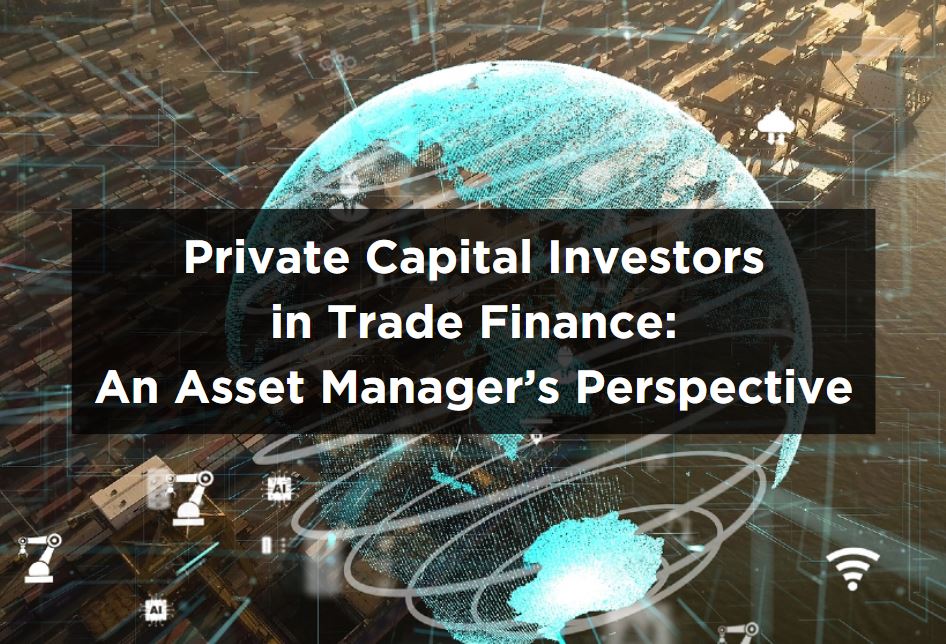Organizational or workplace culture is the set of shared values, beliefs, behavior, traits, and norms that shape how employees and management interact with each other and outside entities. It gets formed by a variety of factors, including the organization’s history, the values of its founders, and the people who make up its workforce. How its employees are treated and treat each other also plays an essential role in shaping the organization’s culture. The ambiance of the workplace and the organization’s physical environment can also influence the corporate culture significantly.
Furthermore, workplace culture gets formed over a period of time through the processes comprising attraction, selection, onboarding, socialization, and attrition, through which new employees learn the norms, values, and belief systems prevailing within the organization. This process is typically led by senior members, who act as role models and mentors for new employees. In the course of time, as more and more employees get entrenched in the culture, it becomes increasingly ingrained and rooted and difficult to change.
To a great extent, organizational culture can also be actively formed or changed by its leaders. The founders, CEO, or other top leaders of the firm can set the tone and values through the vision and mission statements, code of conduct, and other official documents. Corporate culture aims to create an environment conducive to productive work and positive relationships. By ensuring the desired behavior and discipline and by holding employees accountable to high standards, leaders can facilitate the creation of a culture that is focused on continuous improvement and excellence.
Meanwhile, all the employees and executives, irrespective of their positions, roles, and designations, can contribute to creating and communicating the workplace culture. They can do it through their interactions with each other and with people outside the company. How they dress, speak, and behave clearly communicates what is important to the organization. The stories and legends passed down within the company also help shape its culture.
Organizational culture can help to improve employee morale, reduce turnover and attract new employees. A positive corporate culture can also lead to increased productivity and profitability. There are many types of organizational cultures, and each one has its strengths and weaknesses. The four most common and popular ones among them are (1) Clan culture, (2) Adhocracy culture, (3) Market culture, and (4) Hierarchy Culture.While Clan culture is collaborative and people-oriented and characterized by close-knit teams and a strong sense of family, Adhocracy culture is creative, innovative, dynamic, and entrepreneurial but can also be chaotic. Meanwhile, Market culture is aggressive, result-oriented, driven by competition, and can be cutthroat. Hierarchy culture is traditional and has a clear and well-established chain of command. As each type of workplace culture has its merits and demerits, choosing the right one for your business enterprise is crucial.








